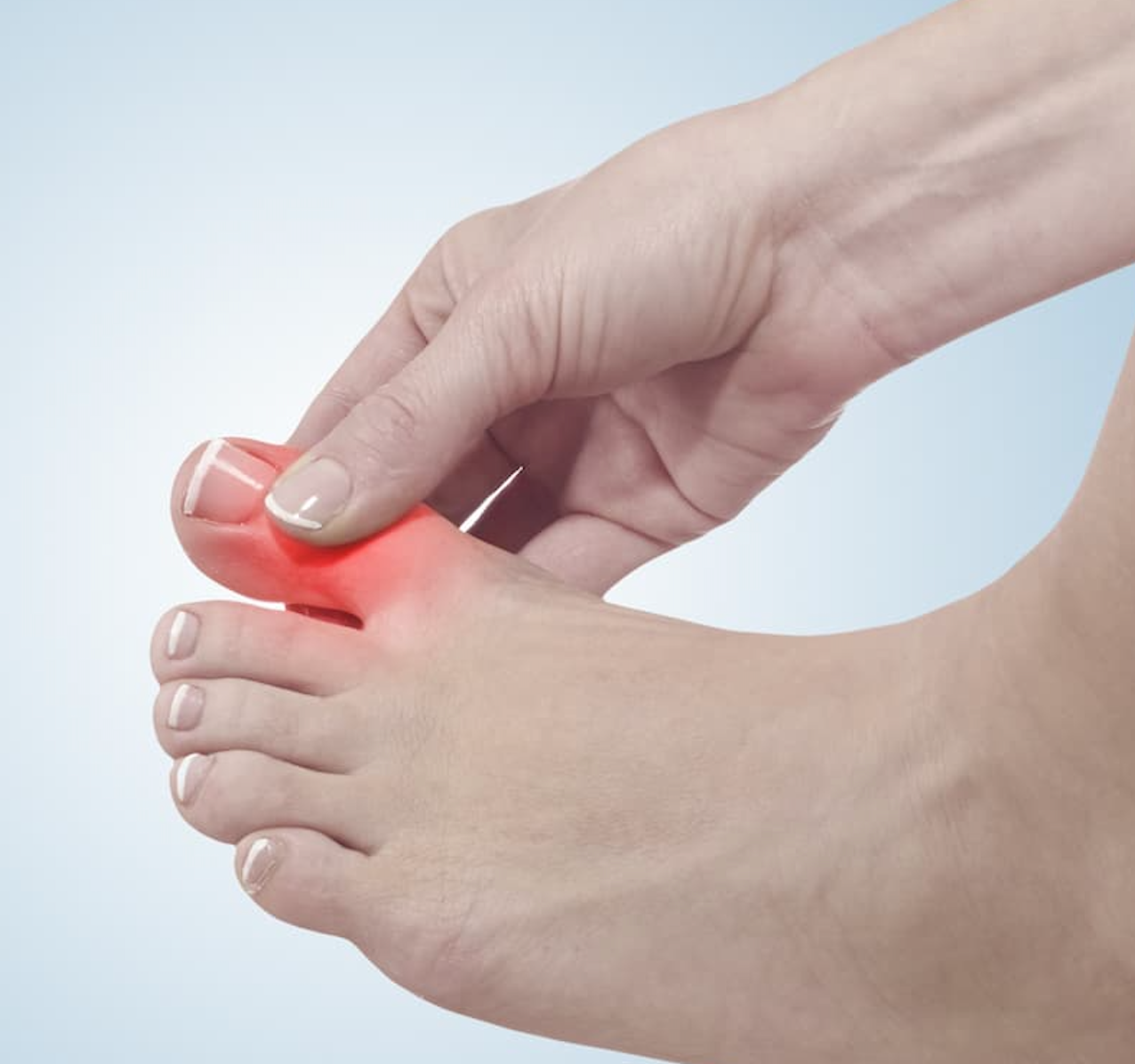Article
Decreased Dementia Rates Observed in Patients With Gout
Author(s):
The pooled analysis showed the risk of all-cause dementia was decreased in patients with gout, particularly in patients receiving medication.
Rates of all-cause dementia, Alzheimer’s disease (AD), and vascular dementia (VD) were decreased in patients with gout, according to Frontiers in Aging Neuroscience.1 While the data demonstrated this association, investigators believe future research should analyze the mechanisms of this relationship.
Credit: Adobe Stock/Lovrencg

Symptoms of gout, the most common inflammatory arthritis condition affecting approximately 41 million patients globally, often involve long-term complications such as joint damage and urate deposit stones. Several recent studies reported a potential link between gout and dementia, although the conclusions were inconsistent.2
“However [a] pooled analysis included patients with high uric acid who were not clearly diagnosed with gout, and there may have been patient selection bias,” wrote a group of Chinese investigators. “Furthermore, the inclusion of gout patients with or without medication intervention during the follow-up period was not properly differentiated. Recently, several large samples and well-designed cohort studies involving new evidence about the risk of all-cause dementia have been published.”
PubMed, Embase, the Cochrane Library, and reference lists were sourced in the meta-analysis using cohort studies to determine the risk of all-cause dementia, AD, and VD, and their association with gout. The Newcastle-Ottawa Quality Assessment Scale (NOS) evaluated the risk of bias and the Grading of Recommendations Assessment, Development, and Evaluation (GRADE) system was used to evaluate the overall certainty of evidence. The risk ratios (RR) with 95% confidence intervals (CI) were pooled using a random effects model.
The search yielded 571 studies. After relevancy and duplication were accounted for, 6 cohort studies (n = 2,349,605; 415,653 with gout and 19,497 with dementia) published between 2015 and 2022 were included in the meta-analysis. The follow-up periods ranged between 2.3 and 11 years.
Most (n = 5/6) reported the risk of all-cause dementia in gout patients. The pooled analysis showed the risk of all-cause dementia was decreased in patients with gout (RR = .67, 95% CI [.51, .89]), particularly in patients receiving medication (RR = .50, 95% CI (.31, .79)]. The risk of AD and VD was also decreased in this patient population (RR = .70, 95% CI [.63, .79] and RR = .68, 95% CI [.49, .95], respectively). While the studies reported large heterogeneity, the sensitively analysis demonstrated robust results and little evidence of publication bias.
Investigators noted the study was strengthened by the GRADE system application, which was relatively rate in prior meta-analyses based on observational studies. Further, the study promoted transparency of the process via the use of the 2020 PRISMA checklist.
However, there were specific clinical heterogeneities in the disease status, duration of disease, and disease severity in this patient population that were not accounted for in the analysis. Additionally, the degree of statistical heterogeneity may have affected the reliability of the results and may have contributed to the overall low quality of evidence. Lastly, some eligible studies may have been missed.
“To date, whether gout or hyperuricemia contributes to the risk of all-cause dementia has been controversial,” investigators concluded. “Gout seems to be a protective factor for AD and VD although the quality of evidence is low or very low.”
References
- Li X, Huang L, Tang Y, Hu X, Wen C. Gout and risk of dementia, Alzheimer's disease or vascular dementia: a meta-epidemiology study. Front Aging Neurosci. 2023;15:1051809. Published 2023 Apr 26. doi:10.3389/fnagi.2023.1051809
- Singh, J. A., and Cleveland, J. D. (2018). Gout and dementia in the elderly: A cohort study of Medicare claims. BMC Geriatr 18, 281. doi: 10.1186/s12877-018-0975-0





